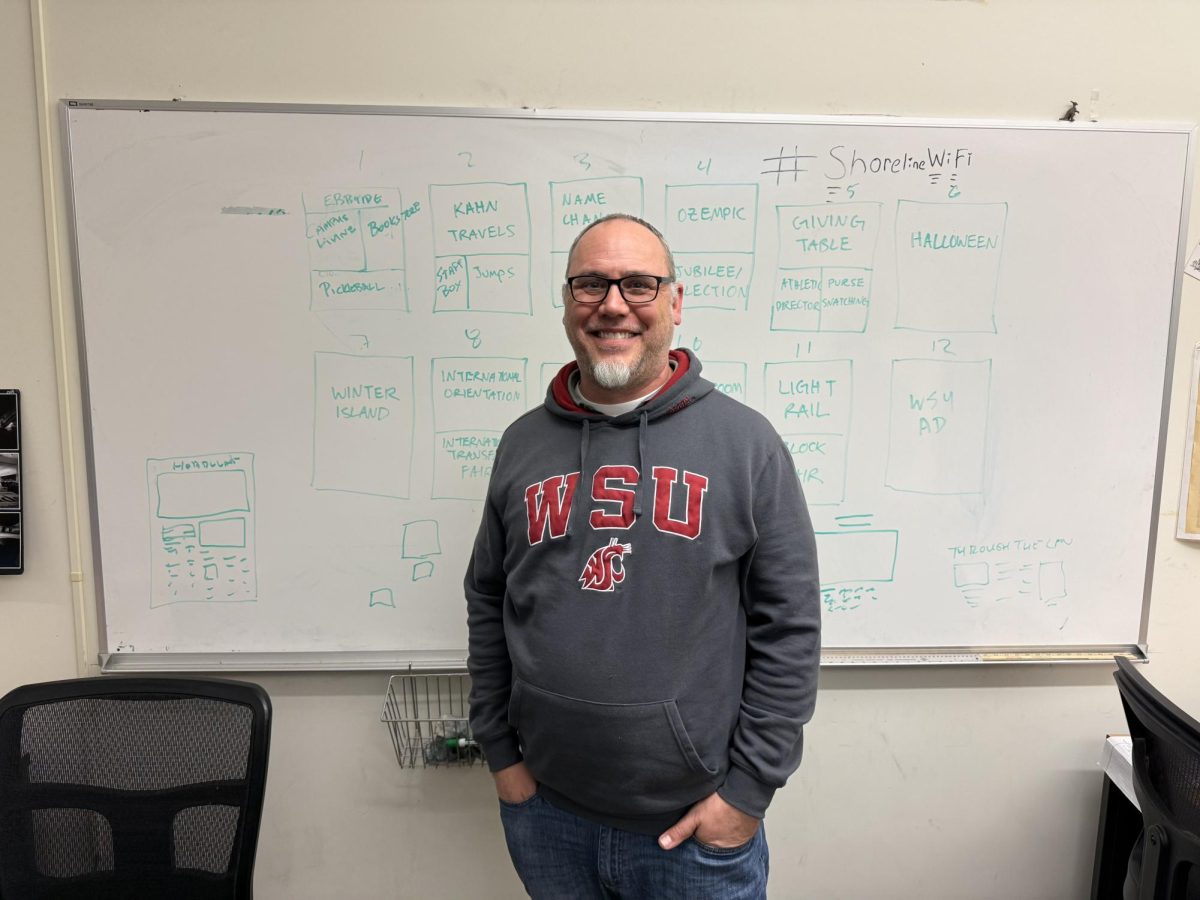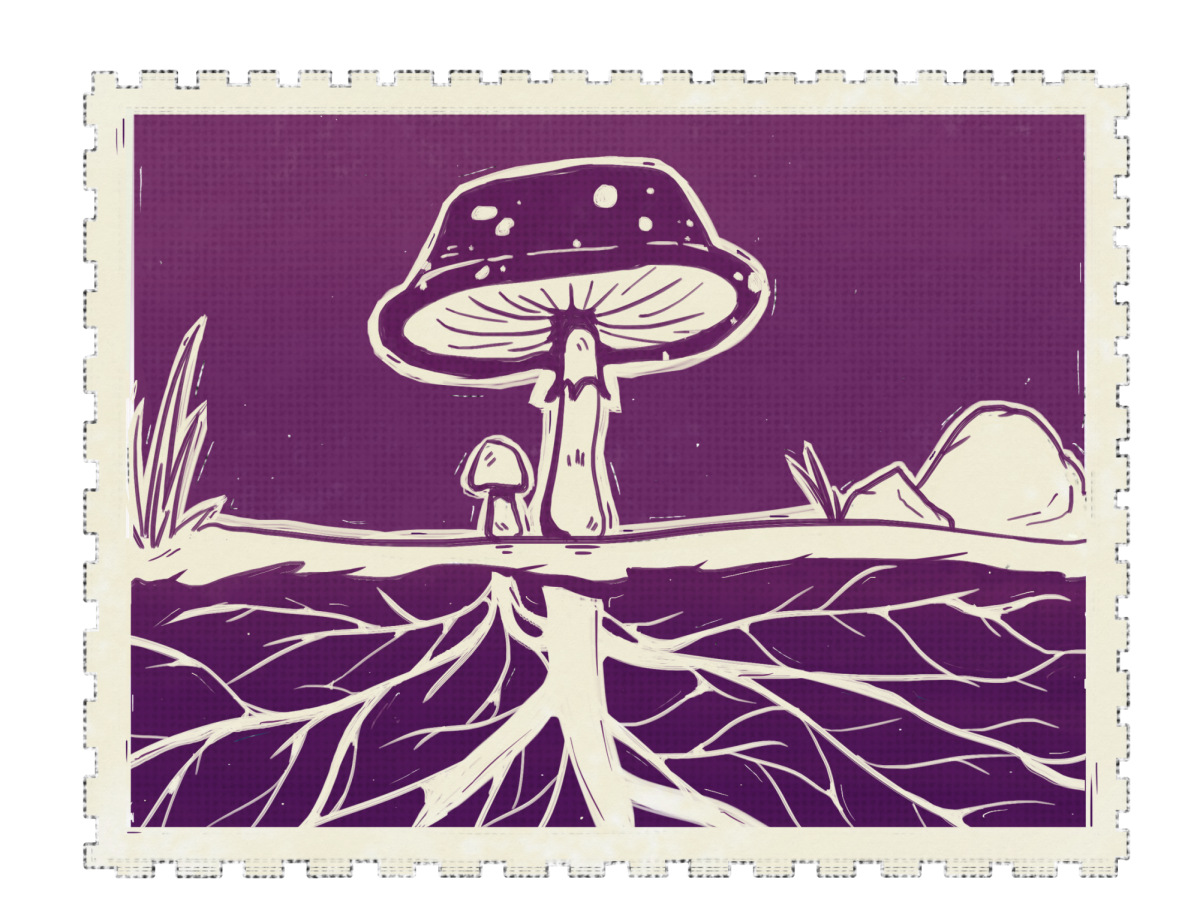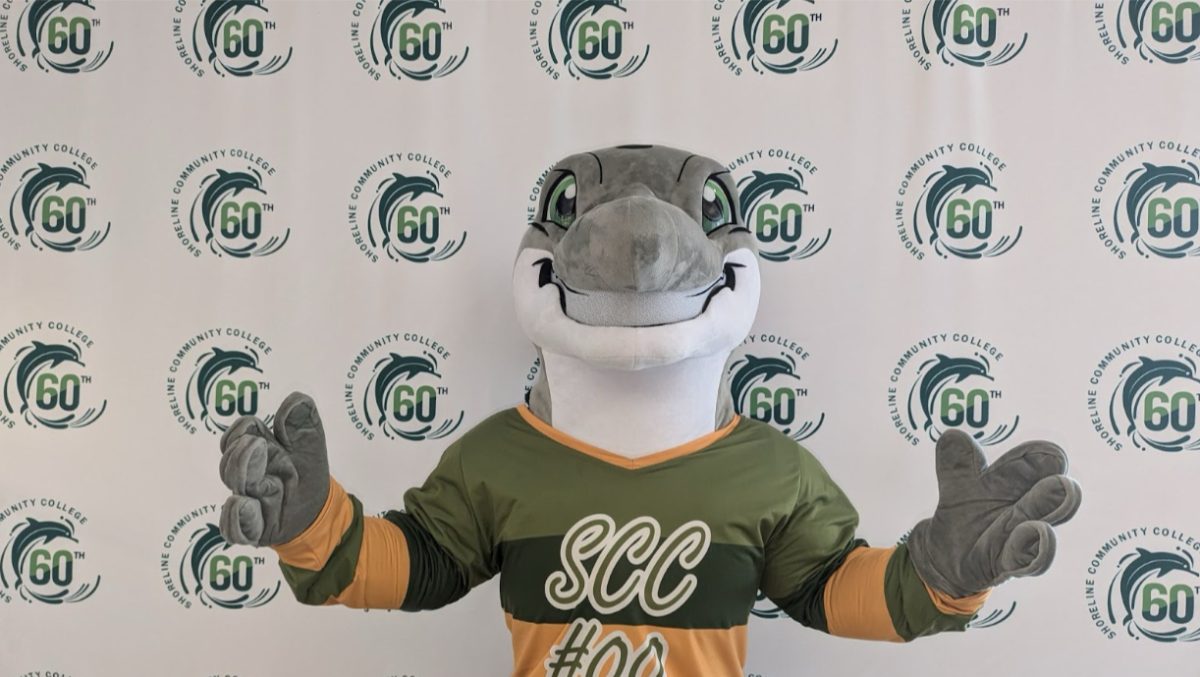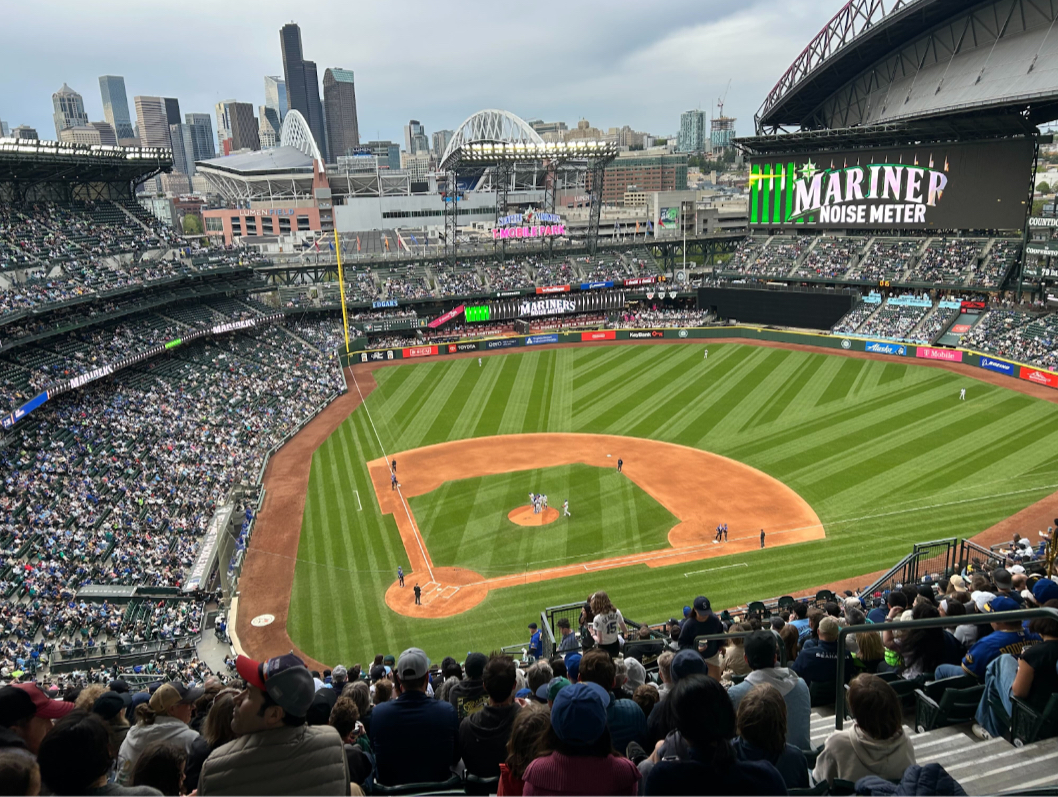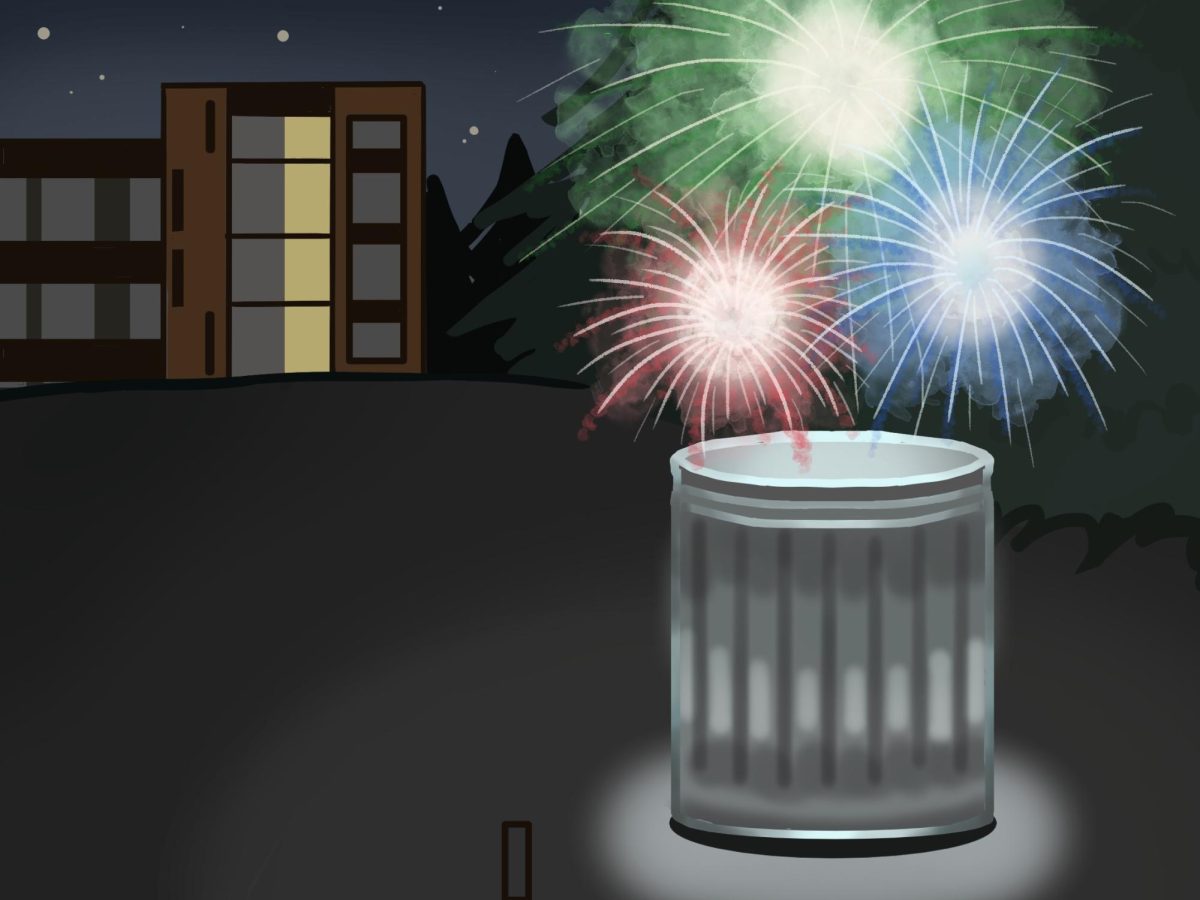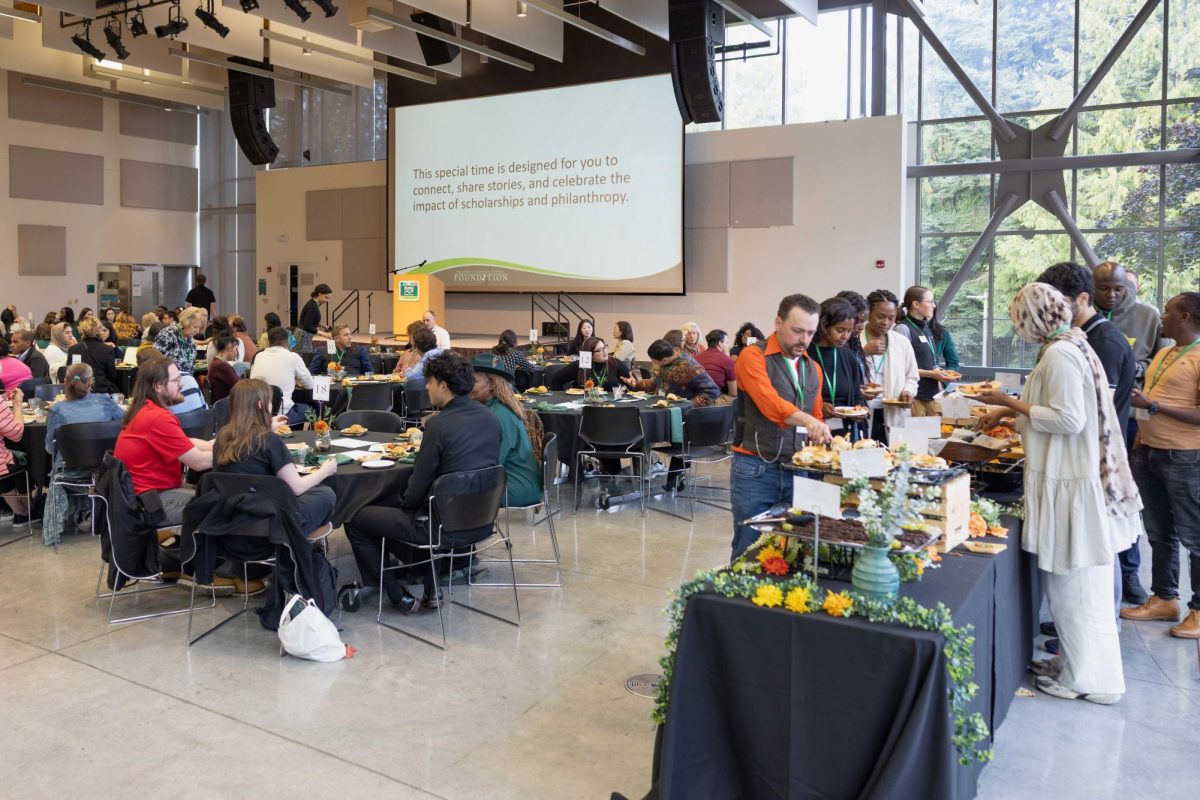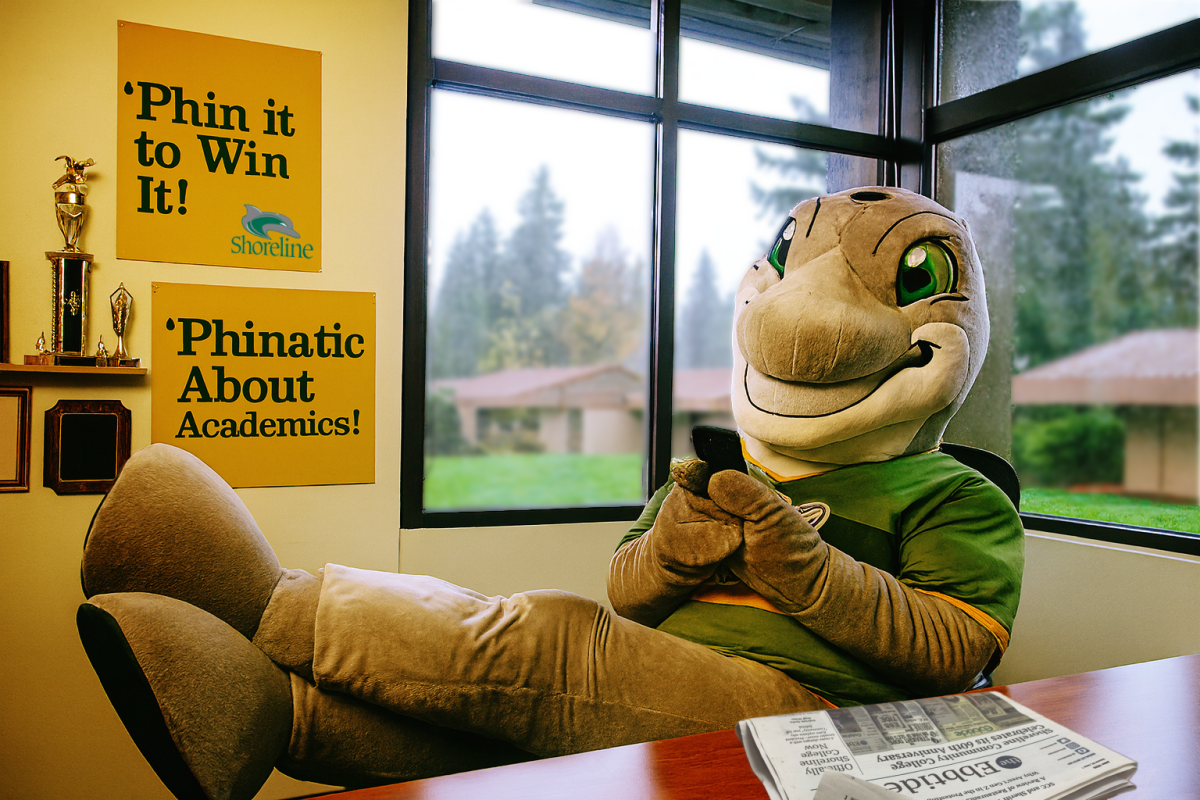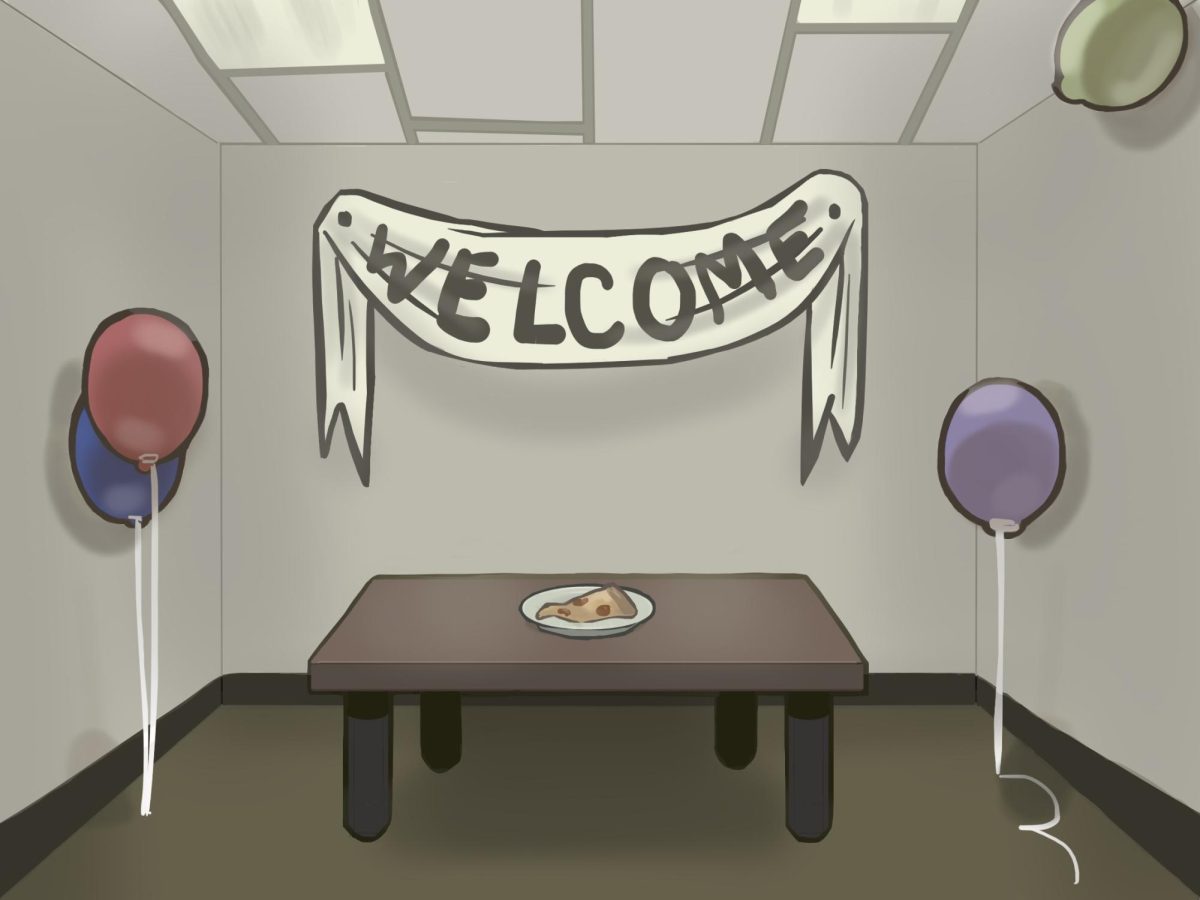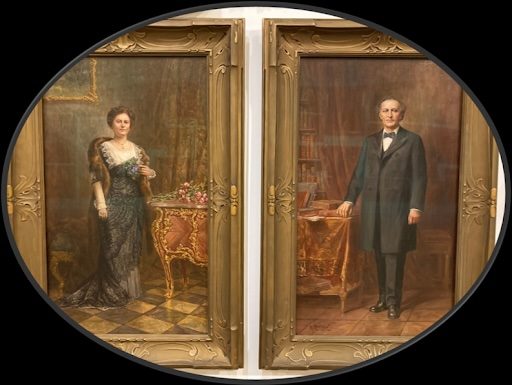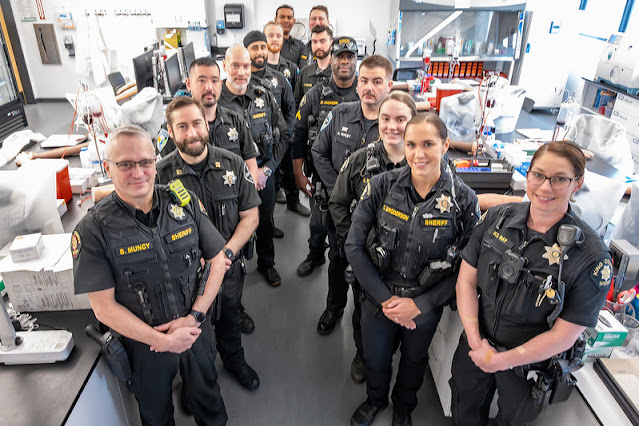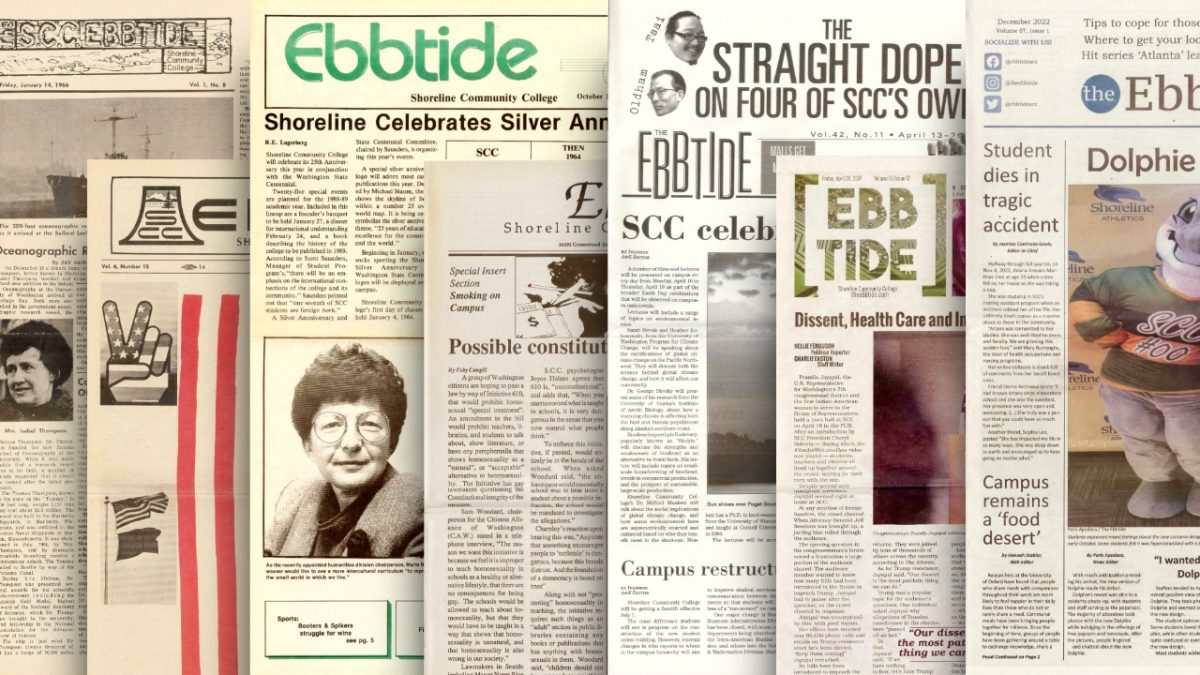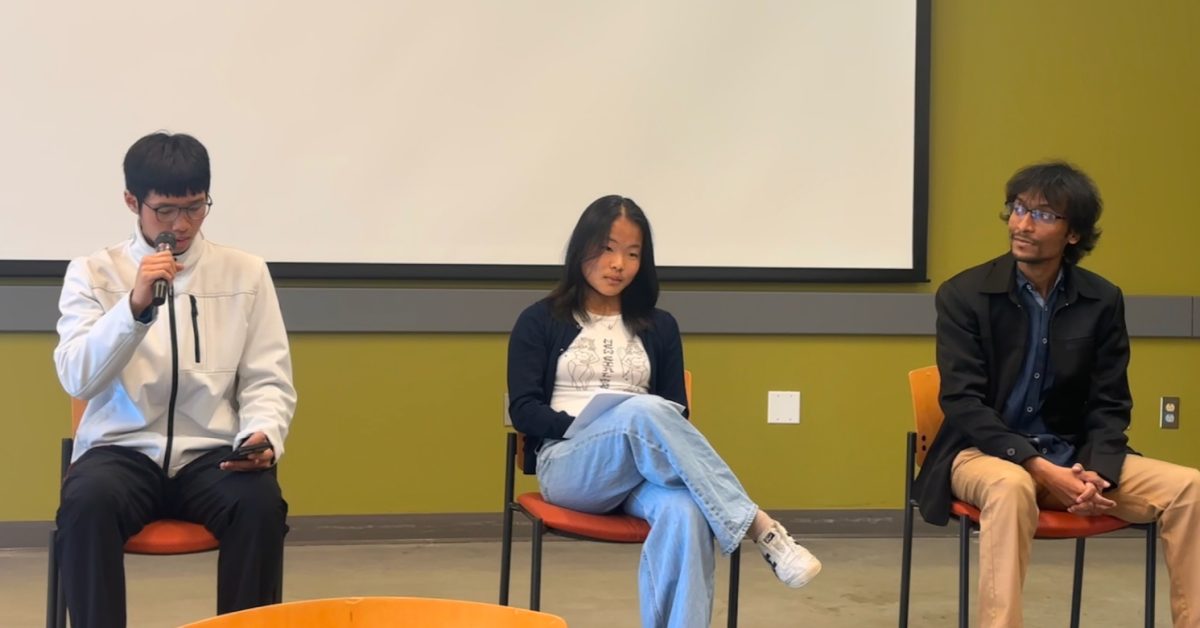Jeff Purcell, who has worked on the TV series Survivor, gave a presentation in the Ebbtide newsroom at 3 p.m. on Dec. 2. He is the program director of Communications at the Washington State University (WSU) Everett campus. Purcell’s career has undergone many twists and turns, and his love of film and communications technology has persisted throughout.
Purcell attempted to interest students at the Ebbtide in attending WSU’s Everett campus and encouraged them to learn about how social media is used in business. His interest in film and degree in broadcasting have earned him digital marketing jobs at several large companies, among them Amazon and Microsoft.
Communications-related industries have been Purcell’s domain for more than 20 years. While studying at Arizona State University, where he’d ultimately earn a Bachelor’s in Communications, he noticed a flyer on campus advertising work as a crew hand for a movie. The producer who answered Purcell’s call took a liking to him. This producer later moved to California and said that if Purcell ever needed work in the area, all he needed to do was call. Two years later, Purcell took him up on that offer and broke into the film industry.
Purcell highlighted how short form content (e.g. TikToks, Instagram Reels, and YouTube shorts) has a different narrative structure to more traditional media. Most stories in books and movies follow the three act structure: exposition, conflict to climax, and resolution. In short form content, a common practice is editing videos to begin with the climax and loop. First comes an attention grabbing teaser followed by the satisfaction of learning its context.
The work that Purcell said he enjoyed most was on The Late Show. Unlike months-long freelance gigs, after which he had to scramble to secure his next source of income, the indefinitely-running Late Show offered consistent income and even financial benefits.
Purcell’s time as a nighttime Associate Producer for Survivor was quite dangerous. “There were horrible, horrible storms and nights where I actually feared for my life,” he said. “It was just lightning striking all around, and I’m out there with a C-stand for video production.”
While in Panama, the setting of the season he worked on, large motor boats trafficking drugs could be heard from where they filmed. These long and skinny boats — named “Cigar Boats” due to their resemblance — made runs during the dead of night with all of their lights cut. There were also paparazzi who would try and use long range cameras to spoil outcomes in the show.
In order to preserve these outcomes and protect the cast and crew, armed guards were hired from Panama’s National Guard. Purcell said, “it was a little frightening sometimes … they looked like they were 16 years old. I remember being on the boat with one of those guys and the gun he put down on the cooler moving around. The gun was sliding back and forth.”
He assured his audience that the contestants on Survivor forage for their own food and weren’t simply fed off screen. The camera crew and producers ate at a tent with an armed guard, and they were accommodated by a hotel away from the island during their off time. One of the National Guards was posted in front of the food tent in order to keep the food and equipment inside safe.
Purcell said with a laugh, “[The survivors] would smell it on you. They’d be like, ‘Did you just eat peanut butter?’ and they’d be mad at you.”


